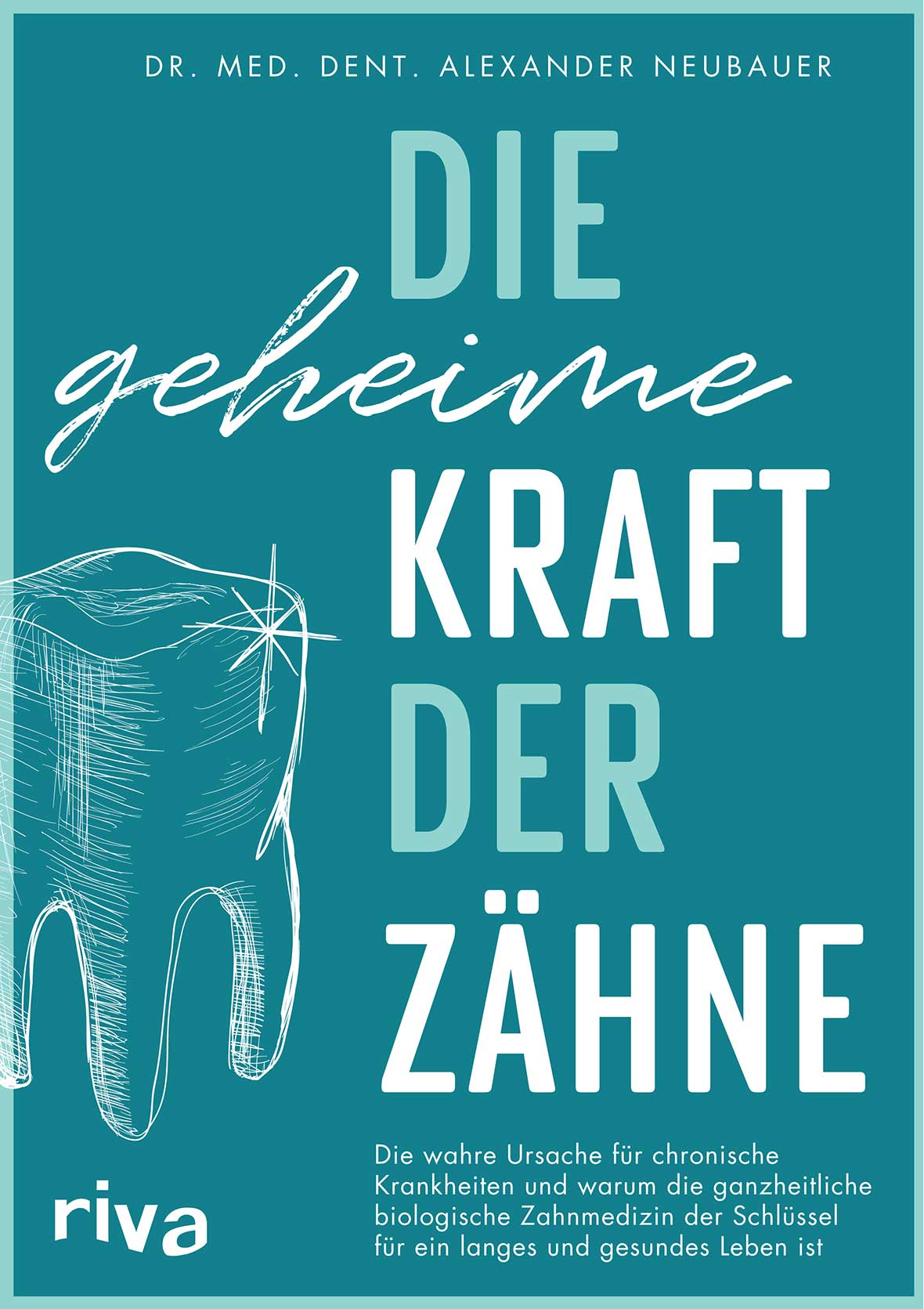Have you already been through a long ordeal without having received a promising solution from doctors or medicine?
Then holistic biological dentistry could be the key to alleviating or even curing your symptoms. Because what many do not know, but experts confirm: About 70 percent of all chronic diseases can have their cause in the mouth.
Dr. med. dent. Alexander Neubauer, internationally recognized expert in biological dentistry, explains why an undisturbed connection between teeth, organs and bodily functions is so important and names the five biggest interference fields in the mouth.
He describes in detail why metals are toxic in the jaw and mouth, the consequences of periodontitis, an inflammation of the periodontium, how dead teeth promote bacterial growth, “holes” in the jawbone produce dangerous neurotransmitters, and an incorrect bite can damage the spine or hips. All this puts a strain on the immune system and can lead to chronic diseases.
Dr. Neubauer would like to counteract this development with biological dental rehabilitation. In his 6-step plan, you’ll learn how to restore your body to full function with inflammation-free gums, well-tolerated materials in dentures, or the removal of metals and foreign objects in the jaw. Only in this way can your self-healing powers unfold.
Take your health into your own hands – for a long and symptom-free life.




